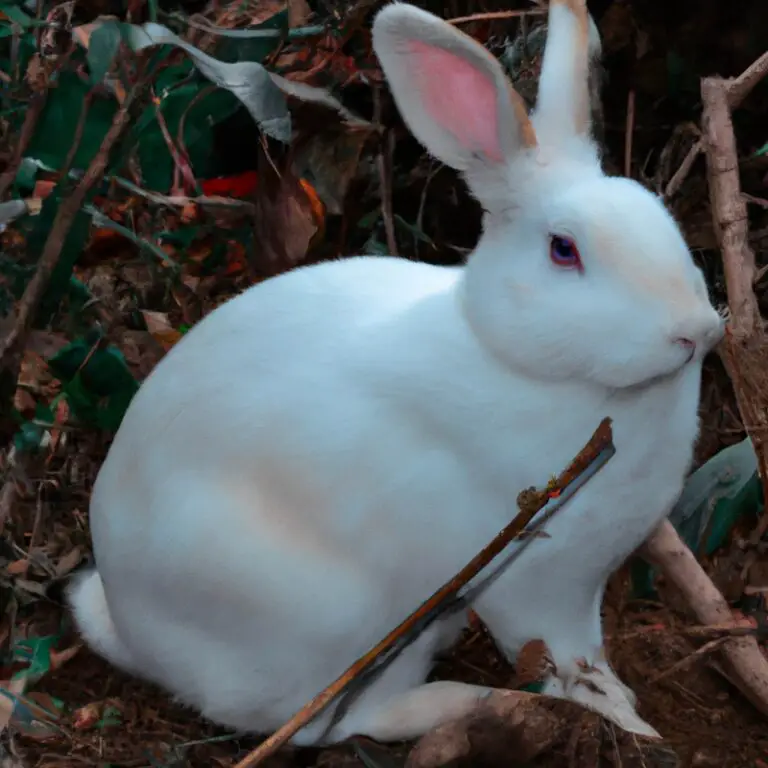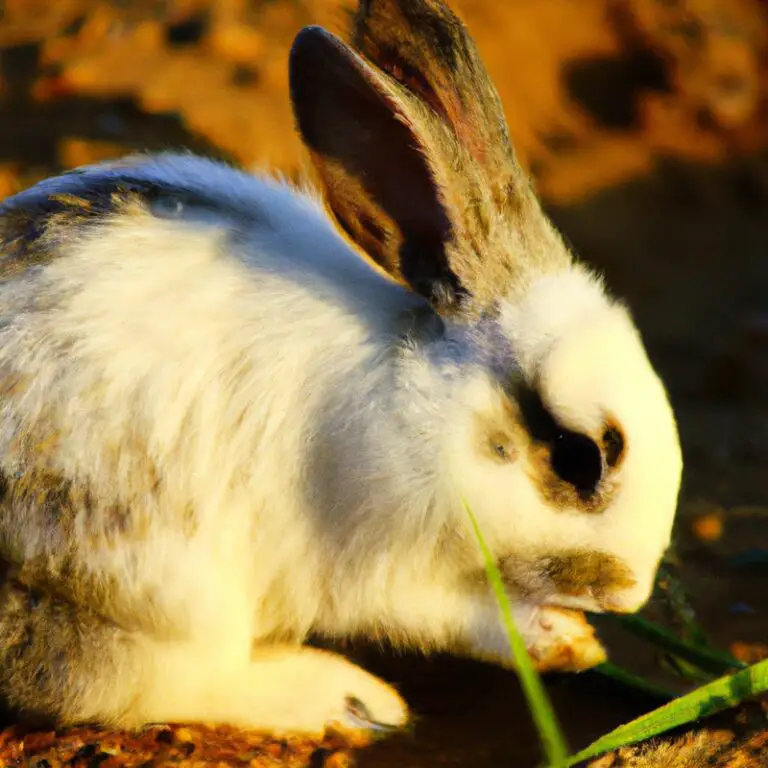Is Lavender Safe For Rabbits? Let’s Find Out!
Key Takeaways:
- Lavender can be toxic to rabbits and should be avoided.
- The scent of lavender can cause respiratory and gastrointestinal issues in rabbits.
- Rabbits have sensitive respiratory systems and are particularly vulnerable to the effects of lavender.
- It is best to consult with a veterinarian before introducing any new plants or scents to your rabbit’s environment.
Are you a rabbit lover? Do you enjoy creating a cozy and calming environment for your furry friend?
If so, you may have wondered if lavender is safe for rabbits.
Well, you’ve come to the right place! In this article, we’ll delve into the sensitivity of rabbits and the impact of strong scents on their delicate respiratory systems. We’ll also explore the potential risks associated with lavender and highlight the findings of research on its effects.
Plus, we’ll provide guidelines for using lavender around rabbits and suggest alternative options for rabbit-friendly scents.
Stay tuned to make sure your rabbit’s environment is as safe and comfortable as can be!
| Topic | Is Lavender Safe for Rabbits? |
|---|---|
| Pros | – Lavender can have a calming effect on rabbits – It can help alleviate stress and anxiety – Some rabbits may enjoy the scent of lavender |
| Cons | – Lavender has a strong scent that some rabbits may find overwhelming – It may cause respiratory issues in rabbits with sensitive respiratory systems – Ingesting large amounts of lavender can be toxic for rabbits |
| Conclusion | While lavender may have some benefits for rabbits, it is important to use it cautiously and in moderation. If you choose to use lavender, make sure to monitor your rabbit for any adverse reactions and consult with a veterinarian if you have any concerns. |
Understanding the sensitivity of rabbits
Rabbits have highly sensitive respiratory systems, making them susceptible to various environmental factors and substances.
Discussion on rabbits’ delicate respiratory systems
Rabbits have delicate respiratory systems that make them prone to respiratory issues. Their small size and unique anatomy make it important to take precautions when it comes to their environment.
They are highly sensitive to airborne irritants, such as dust, mold, and strong scents.
These irritants can trigger respiratory problems, including sneezing, coughing, and difficulty breathing. It’s crucial to provide a clean and well-ventilated living space for your rabbit to minimize the risk of respiratory issues.
Regular cleaning, proper bedding, and avoiding strong scents or dusty environments can help keep your rabbit’s respiratory system healthy and happy.
The impact of strong scents on rabbits
Strong scents can have a significant impact on rabbits.
Rabbits have a very sensitive sense of smell, and strong scents can overwhelm them and cause distress.
It can also lead to respiratory issues and even allergic reactions in some cases.
Avoid using strong-smelling products around rabbits, such as perfumes, air fresheners, or cleaning products with harsh chemical smells.
Stick to mild, unscented products when handling or cleaning around rabbits to ensure their well-being.
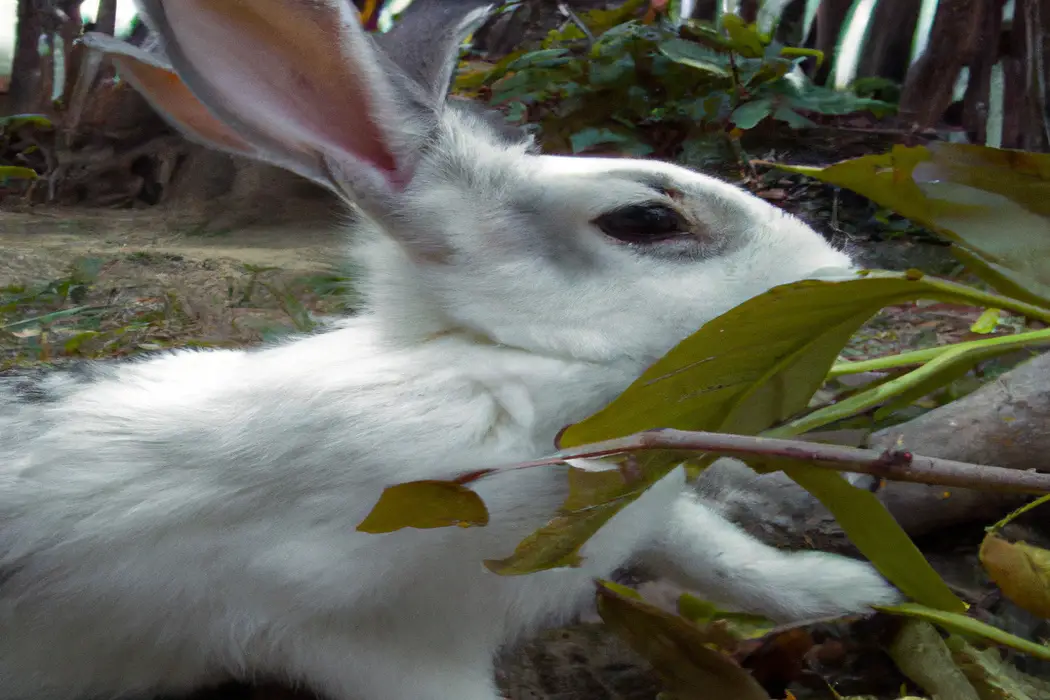
Is lavender safe for rabbits?
Is lavender safe for rabbits? Let’s find out.
Potential risks associated with lavender for rabbits
Lavender may not be safe for rabbits due to potential risks it poses. Rabbits have sensitive respiratory systems, and the strong scent of lavender can irritate their lungs and cause respiratory distress.
Ingesting lavender can also lead to digestive problems and upset their delicate digestive system.
It is best to avoid using lavender products around rabbits or exposing them to the plant itself. Consult with a veterinarian for safe alternatives for your rabbit’s well-being.
Research on lavender’s effects on rabbits
Research on lavender’s effects on rabbits is limited, but there are concerns about its safety.
Some studies suggest that lavender may have a calming effect on rabbits, similar to its effects on humans.
However, rabbits have delicate digestive systems, and there is a risk that ingesting lavender can cause digestive upset.
Additionally, the strong scent of lavender may be overwhelming for rabbits and can potentially cause respiratory issues.
It is best to avoid using lavender around rabbits unless prescribed by a veterinarian.
Using lavender around rabbits
Using lavender around rabbits can pose potential risks, so it’s important to take precautions and consider alternatives.
Guidelines for introducing lavender to rabbits
If you want to introduce lavender to your rabbits, there are a few guidelines you should keep in mind.
First, start by offering a small amount of dried lavender and observe how your rabbits react.
If they show no adverse reactions, you can gradually increase the amount over time.
Avoid using lavender oils or products that contain other potentially harmful ingredients.
Make sure the lavender you use is organic and free from pesticides.
Always monitor your rabbits closely to ensure they are not experiencing any negative effects.
Remember to consult with a veterinarian if you have any concerns.
Alternative options for rabbit-friendly scents
There are several alternative options for rabbit-friendly scents that you can use to freshen up your rabbit’s living space.
Instead of using lavender, which may have potential risks for rabbits, you can try using herbs like mint, chamomile, or rosemary.
These herbs not only provide a pleasant scent but also have calming properties that can help to relax your furry friend.
Another option is to use natural fruit peels such as orange or lemon, which give off a refreshing aroma.
Just make sure to avoid using any toxic scents or chemicals that may be harmful to your rabbits.
Frequently Asked Questions about lavender and rabbits
Can rabbits eat lavender plants?
Rabbits can eat lavender plants, but it is not recommended.
Lavender contains compounds that can be harmful to rabbits if consumed in large quantities.
While a small nibble on occasion may not cause harm, it’s best to avoid giving lavender to your rabbit as a regular part of their diet.
Stick to safe and rabbit-friendly foods to ensure their health and well-being.
Can lavender oil be used safely around rabbits?
Yes, lavender oil can be used safely around rabbits as long as it is used in moderation.
Lavender has natural calming properties that can help soothe rabbits, especially if they are anxious or stressed.
However, it’s important to remember that rabbits have sensitive respiratory systems, so the oil should never be applied directly to the rabbit or inhaled in large amounts.
Instead, you can use lavender oil in a diffuser or apply a small amount to fabric near their sleeping area.
Always monitor your rabbit’s behavior and consult with a veterinarian if you have any concerns.
How can I tell if my rabbit is negatively affected by lavender?
You can tell if your rabbit is negatively affected by lavender by observing their behavior and health.
Here are some signs to look out for:
- Allergic Reactions: If your rabbit develops symptoms like sneezing, coughing, runny eyes or nose, or skin irritation after being exposed to lavender, it could indicate an allergic reaction.
- Respiratory Issues: Lavender scent can be too strong for rabbits, leading to respiratory distress. If you notice your rabbit struggling to breathe or gasping for air, it may be a sign of lavender-related respiratory problems.
- Digestive Problems: Some rabbits may experience upset stomach or diarrhea after ingestion or inhalation of lavender. Keep an eye out for changes in your rabbit’s stool consistency or appetite.
- Nervous System Effects: Lavender contains essential oils that can affect a rabbit’s nervous system. If you see signs of lethargy, confusion, tremors, or seizures in your rabbit, it may be due to lavender exposure.
If you observe any of these negative effects, it’s best to remove lavender from your rabbit’s environment and consult a veterinarian.
Final Verdict
While lavender may be a beloved scent for humans, it is important to exercise caution when using it around rabbits.
These small animals have delicate respiratory systems that can be easily irritated by strong scents, including lavender.
While research on the effects of lavender specifically on rabbits is limited, it is best to err on the side of caution and avoid using lavender directly on or near rabbits.
If you do choose to introduce lavender, ensure proper ventilation and monitor your rabbit closely for any signs of discomfort or negative reactions.
Ultimately, the health and well-being of your furry friend should always be a top priority.

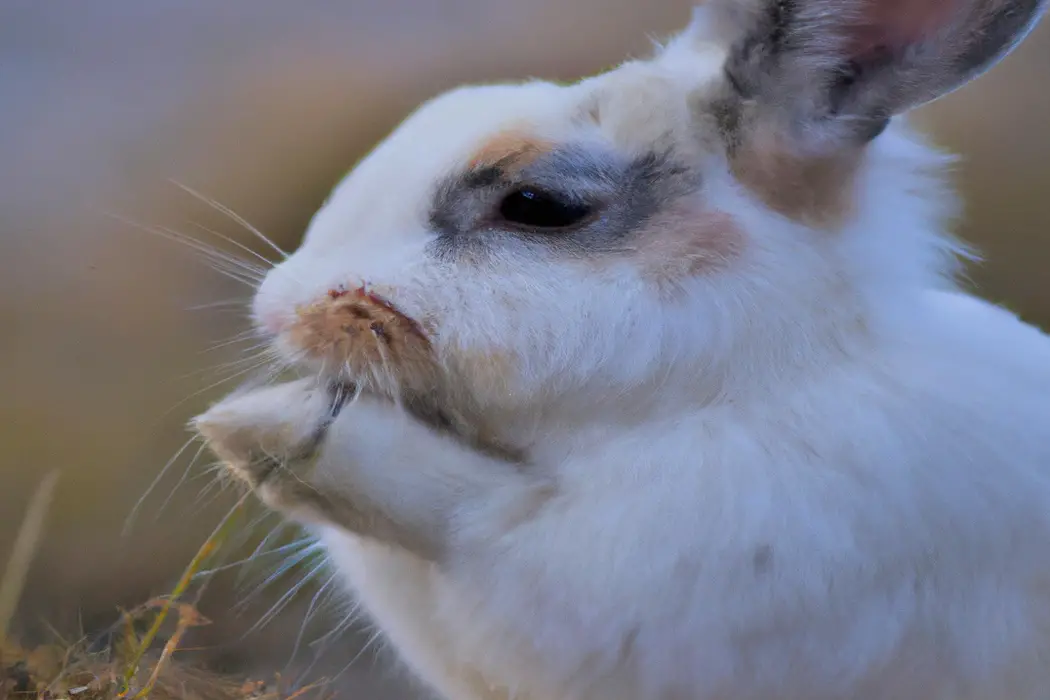
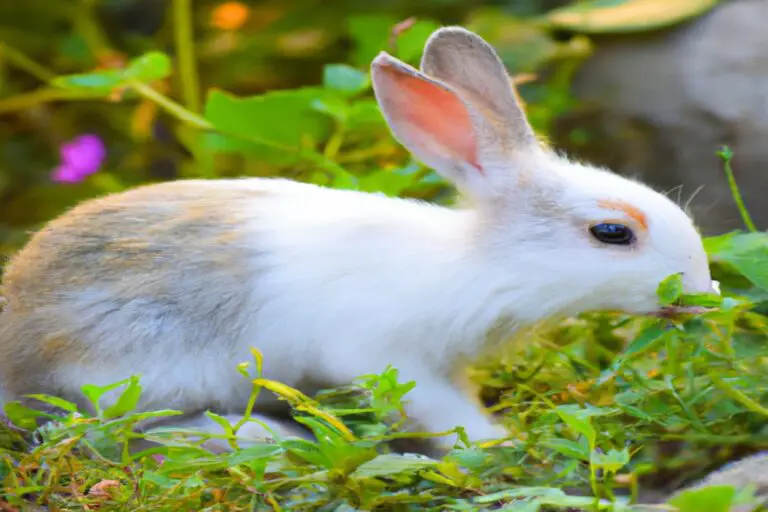
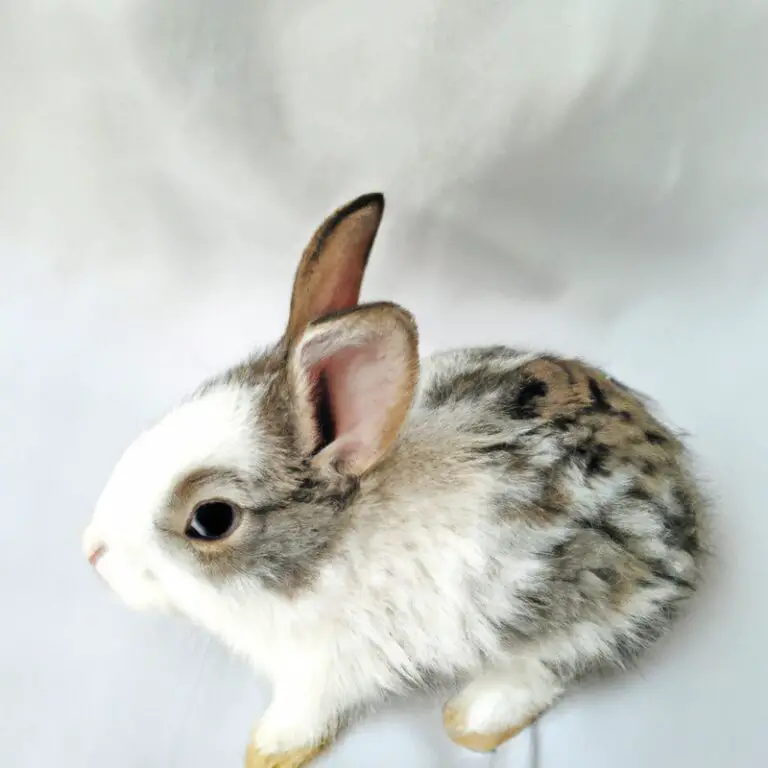
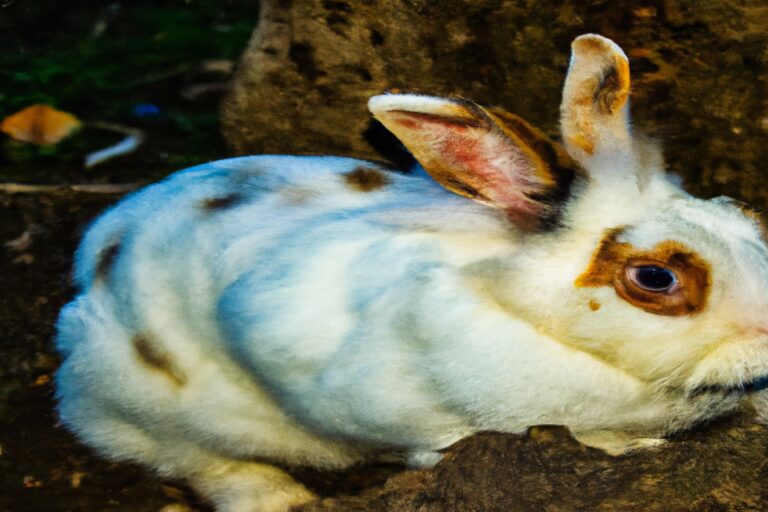
![Why Is My Rabbit Losing Weight? [11 Reasons!]](https://atractivopets.com/wp-content/uploads/2020/10/Why-Is-My-Rabbit-Losing-Weight-768x499.jpg)
